‘Nobody cares about us’: Blacks air grievances after Buffalo massacre
Amid the outpouring of grief and shock over the Saturday mass shooting in Buffalo, New York, Black residents express anguish about the racism and white supremacy that fueled the deadliest massacre in modern American history.
Protesters rallied at a Black Lives Matter demonstration on Sunday in Buffalo, a day after an alleged white supremacist sympathizer shot and killed 10 people at a supermarket that largely served African Americans.
The demonstrators aired grievances about their communities being forgotten by authorities on the largely impoverished East Side. They called on politicians to direct more resources to protect Buffalo’s Black residents, whose lives and sense of security have long been disturbed by racism and gun violence.
“We don’t want to be protected after the fact,” Marlene Brown, a 58-year-old Black resident, told The New York Times. For more than a decade she has lived just blocks away from the Tops supermarket, where the gunman shot 13 people, 11 of whom Blacks, in what authorities said was a racially-motivated mass shooting.
“We want to be protected and treated like we matter,” she said. “Time and time again they’ve shown nobody cares about us here. It’s a pattern.”
Shock in Buffalo and around the US has been amplified as more details emerged of a racist manifesto allegedly written by Payton S. Gendron, the 18-year-old suspect who reportedly traveled nearly 200 miles from his home to unleash terror on a supermarket that largely served Blacks.
Authorities said Gendron embraced white supremacy in a 180-page document posted online before the attack, in which he identified his top goal as killing as many Black people as he possibly could.
But for many residents, the massacre has also given more credence to their deep-seated outrage at what they view as the hypocrisy of a system that only acknowledges them when tragedy strikes. They say they have lived through racism and felt the effects of discrimination for generations.
“The pain is in our DNA at this point,” Earlene Patterson, 64, who shopped at the Tops grocery store days before the shooting, told the Times. “It’s in my great-grandfather, my father. It’s in me.”
A community 'tired of political pandering'
At rallies throughout Sunday afternoon, many Black residents questioned why local politicians, whom they accused of neglecting their neighborhood for so long, were suddenly calling for change.
“I’m angry and I’m done; I’m tired of the political pandering,” Taniqua Simmons, 47, told the Times. “We have a lot of people who are speaking for us. We have a lot of people who are talking about us. But they’re not listening. And they’re not providing us with the legislation we need to thrive.”
She said her neighborhood on the East Side of Buffalo has now turned into “a powder keg ready to explode” with the frustrations of residents.
Buffalo is one of many communities in America that has been grappling with racism and segregation for decades, offering a glimpse into the plight of African Americans in deeply divided urban centers.
Those shocked by the Saturday massacre say the tragedy should not be treated separately from the effects of white supremacy and violent far-right nationalism, ideologies that are being increasingly embraced by some mainstream media outlets and right-wing politicians.
'A pure example of evil'
"This racist attack is a pure example of evil," said People's Action, a progressive advocacy group, in a statement.
"It's also the predictable result of the relentless onslaught of white nationalist and antisemitic conspiracy theories spewed from the far right, increasingly distributed by major corporate news outlets like Fox News and the extremist politicians their billionaire allies have cultivated," the group added.
In a statement on Sunday, Kina Collins, a gun control advocate and Democratic congressional candidate in Illinois' 7th District, echoed similar views.
Calling the shooting a "devastating and sickening display of the racism, white supremacy, hate, and gun violence that plague this country," Collins said, "Black people in Buffalo were targeted for no reason other than that they are Black."
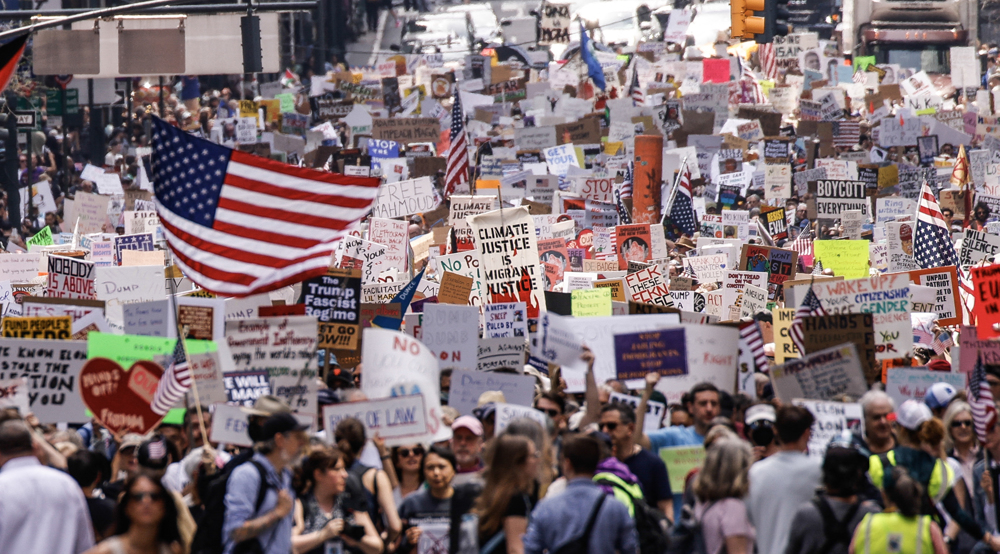
Thousands condemn Trump’s policies in rallies across US
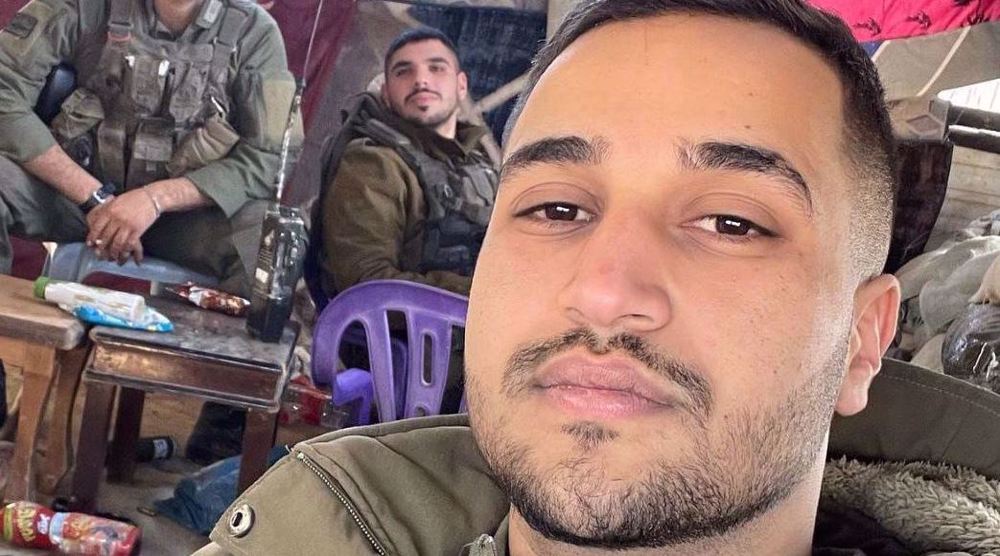
Advocacy group files war crimes case in US against Israeli soldier
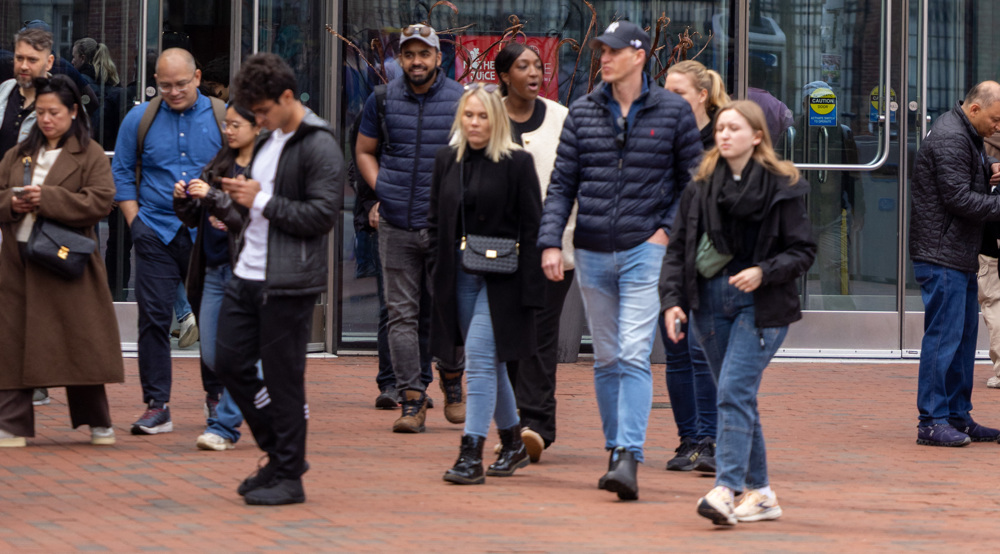
Harvard-Trump dispute deepens as US president threatens to remove tax exemption
VIDEO | Gaza’s dire conditions hit unprecedented levels
VIDEO | Press TV's news headlines
VIDEO | Pakistan’s business and cultural front unites for Gaza: Nationwide shutdown, boycott announced
US jets carry out more aggression against Yemen
Syrian militants enslaving Alawite women in Idlib governorate: Report
VIDEO | US pro-Palestinian campus protest
VIDEO | Palestinian civil defense rejects Israel’s probe and exposes the crime
India downgrades ties with Pakistan after deadly Kashmir attack


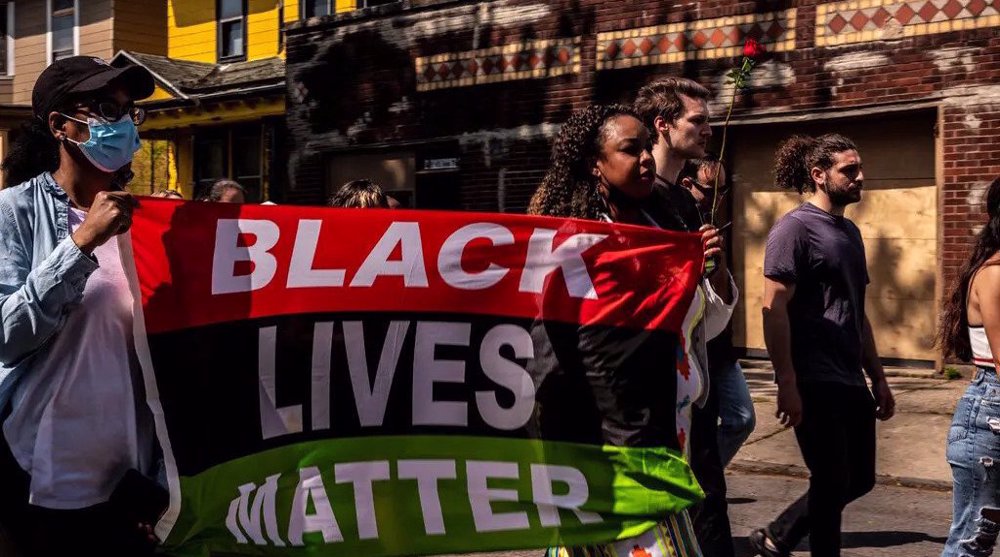
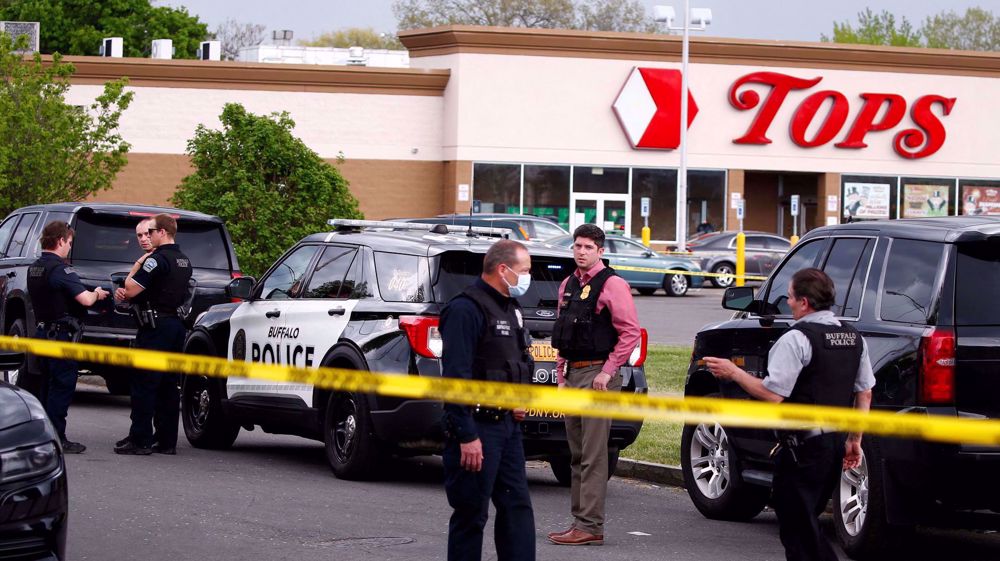
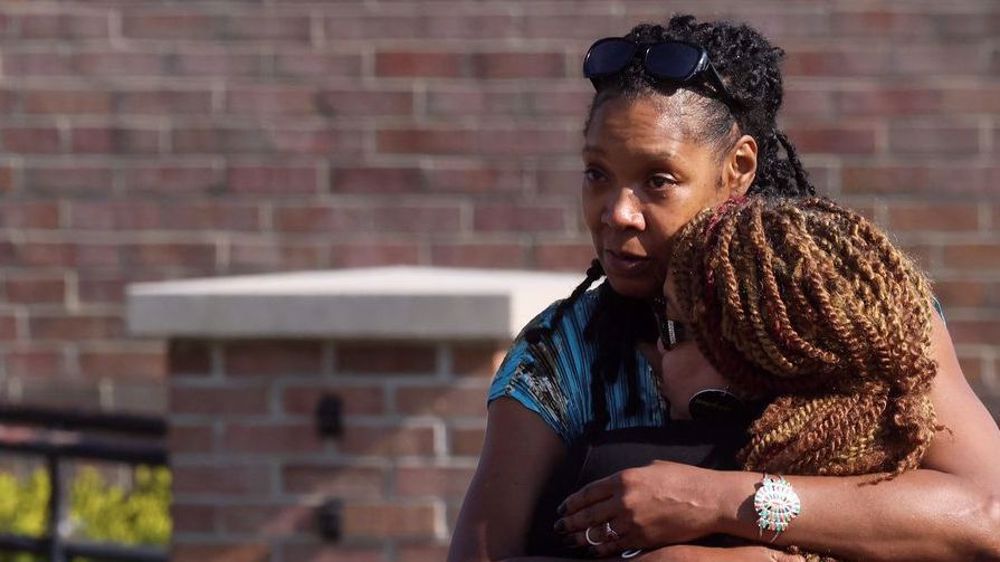




 This makes it easy to access the Press TV website
This makes it easy to access the Press TV website